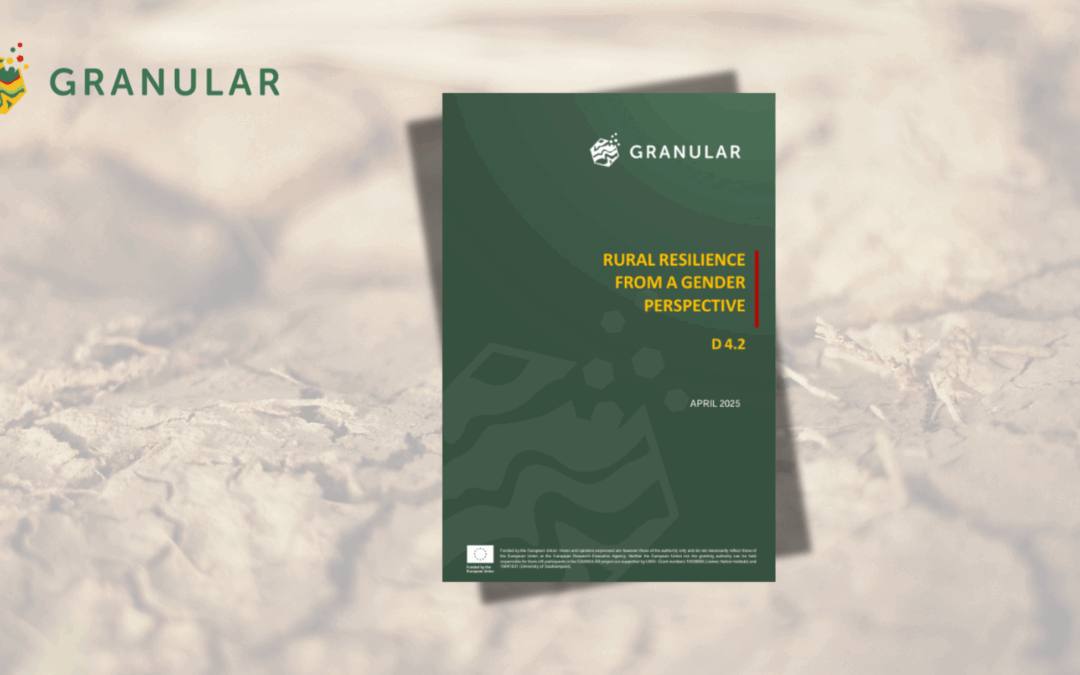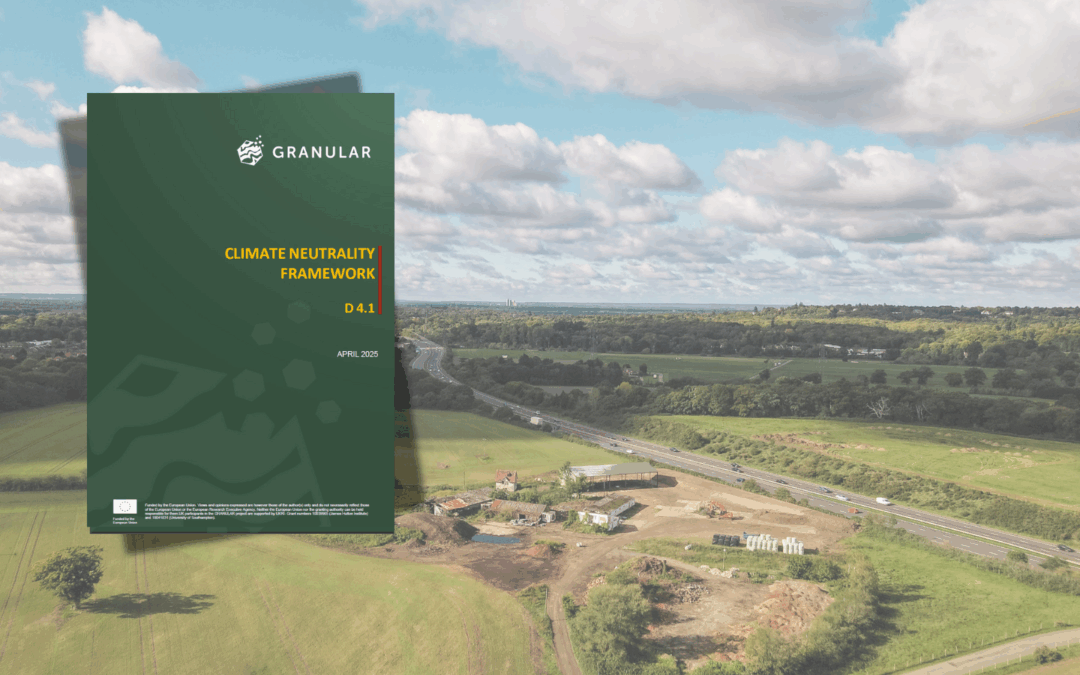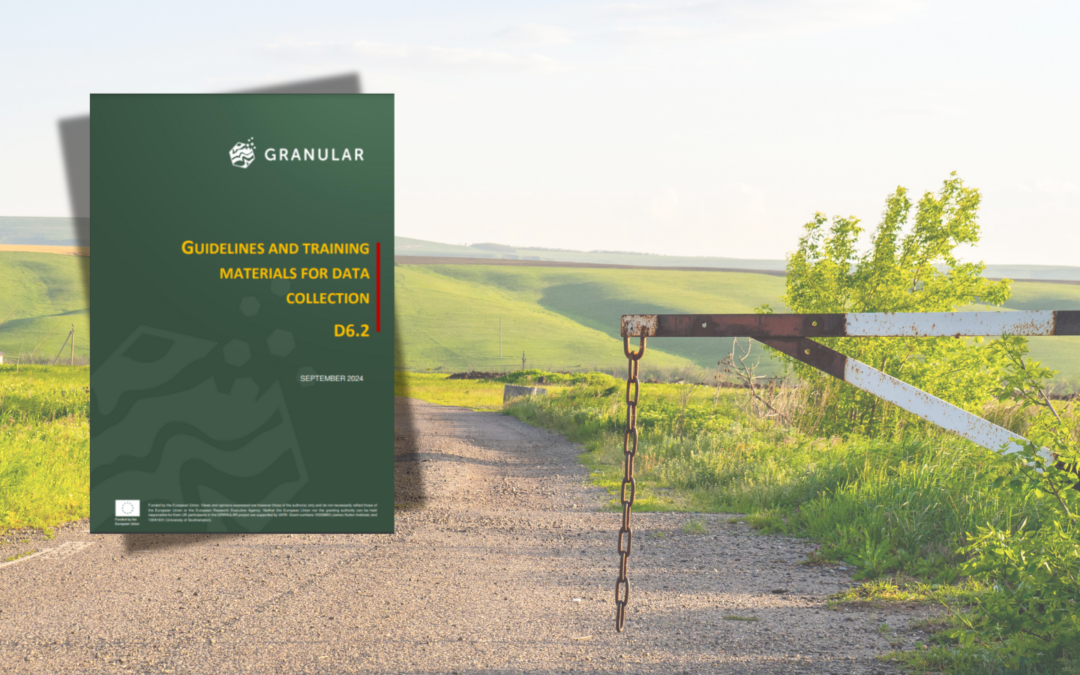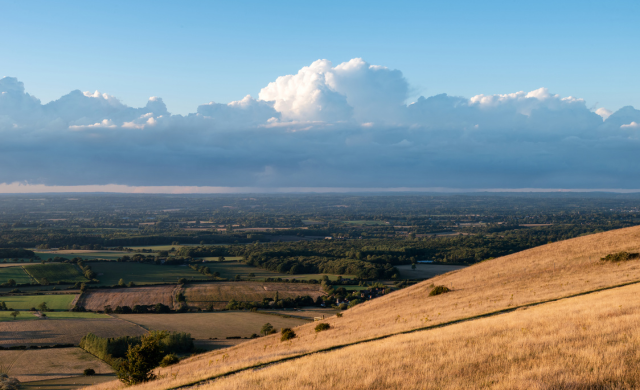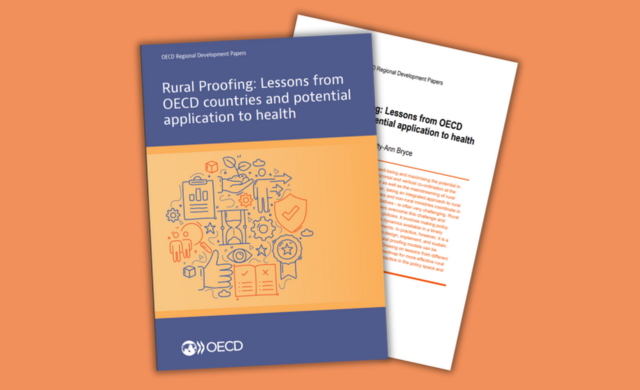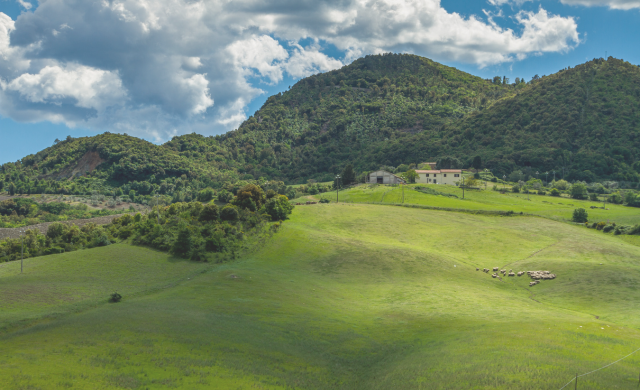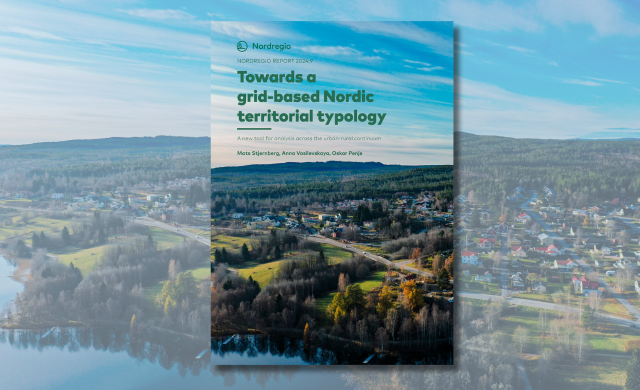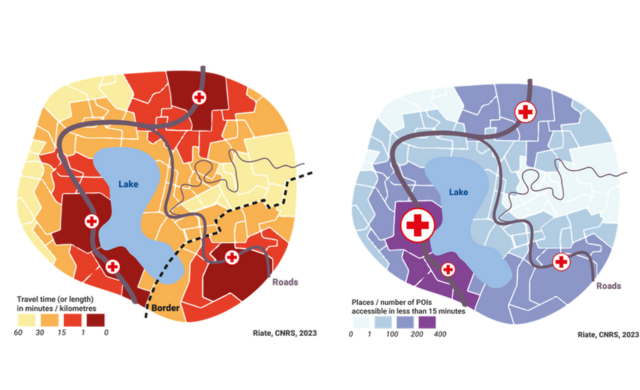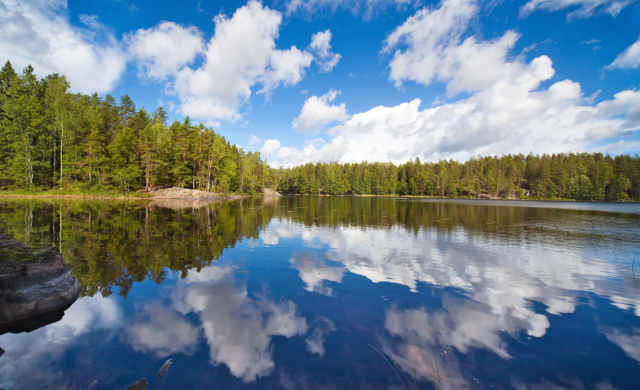Author: Louise Chasset, French Living Lab in GRANULAR
Pays Pyrénées Méditerranée is a rural territory characterized by great diversity, from coastal to mountainous areas, nearby the French-Spanish border. It covers a territory of 1150 km2 and it represents approximately 110,000 inhabitants. Pays Pyrénées Méditerraneé is also one of the seven GRANULAR Living Labs. In this blog post, Louise Chasset, facilitator of the GRANULAR Living Lab in France, tells us more about the Pays Pyrénées Méditerranée and their “raison d’etre” and be part of this international project.
Why have you decided to be part of the GRANULAR project?
The Pays Pyrénées Méditerranée is an association with the goal to share good practices, as well as mutualize and coordinate initiatives and funding in order to make those practices more efficient at the local scale. Involved in the dynamic conduction of the LEADER Local Action Group for several decades and more broadly in cooperation projects, we decided to contribute to European policies and to the link between European institutions and citizens in a different way.
Being part of the GRANULAR project is the opportunity to support our strategy and trigger the rural transition towards sustainable and resilient communities. We believe that GRANULAR is also a great opportunity for involving local actors in multiple ways, from carrying out observation activities to citizen sciences and debates. All these activities will give us a fresh outlook to better understand our area and how it positions with respect to climate change adaptation.
What are the main challenges experienced by your rural area? And, what are the main opportunities for its future?
The Pays Pyrénées Méditerranée has to face the ecological and energetic transition. Today, we are confronted by a strong variability in energy and water availability and costs. We look at this changing situation as an opportunity to recast collectively agriculture and food systems, tourism, health, public services, mobilities, and dwellings objectives and policies. The challenge is to move towards new adapted ways of life, shared, comfortable, and attractive.
Accessibility to jobs, to services, and decision-making are big issues for the area and its inhabitants, whose average age is increasing. The Pays Pyrénées Méditerranée and its partners set up a common strategy for the area for the 2021-2027 period, a framework for public policies based on sustainability, inclusion, and resilience.
According to you, how will the GRANULAR project help you to address the challenges and opportunities of your rural area?
GRANULAR is the opportunity for us to delve deeper and understand our area operation and rapid changes, in order to adapt our public policies and initiatives and help to make informed decisions. The results could be new data and tools to access to information, but also adaptation and improvements of existing and used resources.
For example, observing the visitation rate of natural areas such as forests, mountains, beaches, or seas, would help to handle impacts on biodiversity and to improve the reception of visitors. GRANULAR will also facilitate the sharing of good practices and learning from other rural territories experiencing the same challenges. Finally, setting up a Living Lab will give us an opportunity to strengthen the community of stakeholders who are enabling the transition and to improve understanding and access to data at a local scale to the greatest number.

